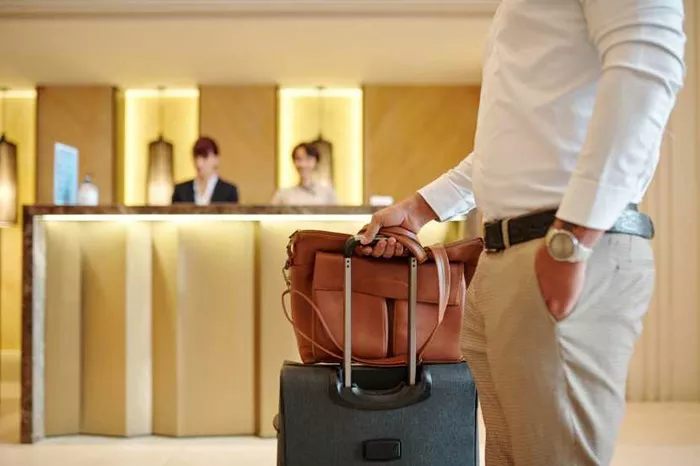In 2025, corporate travel managers are facing a challenging environment marked by rising hotel prices, evolving pricing models, and changing traveler expectations. A new survey from the Global Business Travel Association (GBTA) highlights how companies are adapting their hotel programs to meet these demands.
The survey found that 83% of corporate travel buyers prioritize negotiated rates, discounts, and fixed pricing when choosing preferred hotels. This reflects a strong focus on controlling travel costs, especially during a time of economic uncertainty and inflation.
At the same time, there’s a growing need for flexibility. Dynamic pricing—where hotel rates change based on real-time demand and supply—is becoming more common in corporate travel. According to the GBTA, 77% of respondents are now using dynamic pricing in their hotel strategies. This model can offer better rates during off-peak times, but it also brings challenges like price volatility and the need for advanced data tools to manage budgets effectively.
To strike a balance between cost control and adaptability, many companies are turning to hybrid pricing models. The survey shows that 60% of travel managers now combine fixed and dynamic rates. This approach lets them secure stable prices at high-traffic locations while using flexible pricing in areas with changing demand. The goal is to maximize savings without sacrificing traveler satisfaction or hotel quality.

